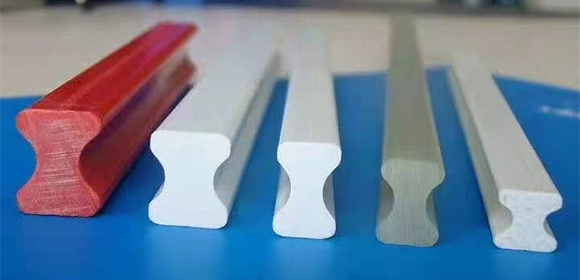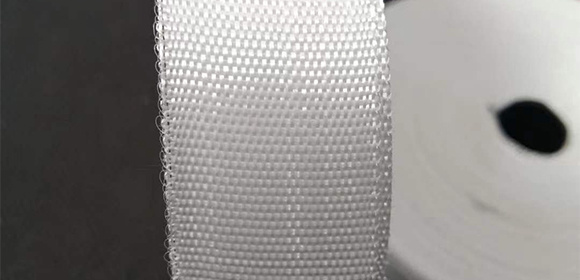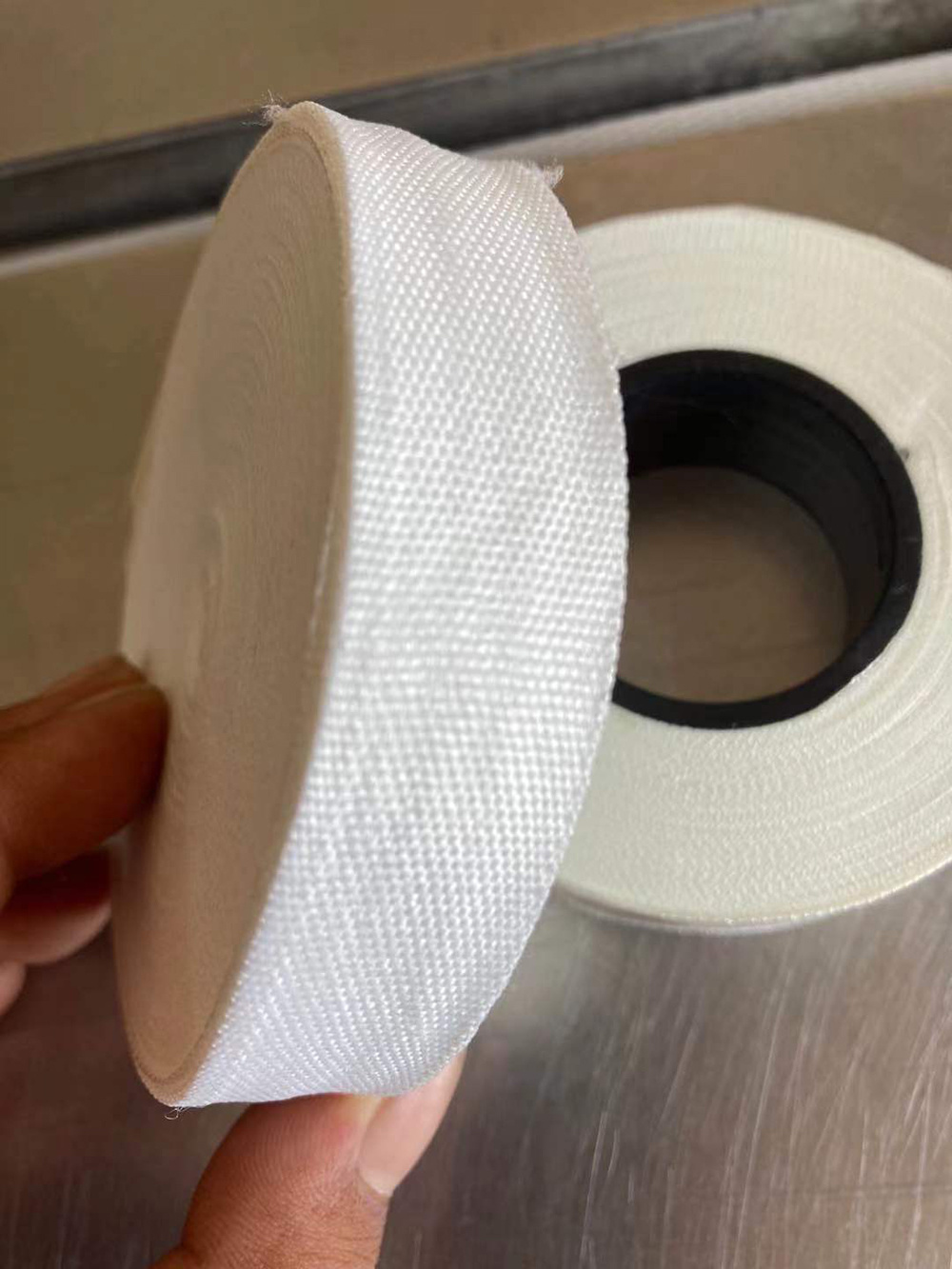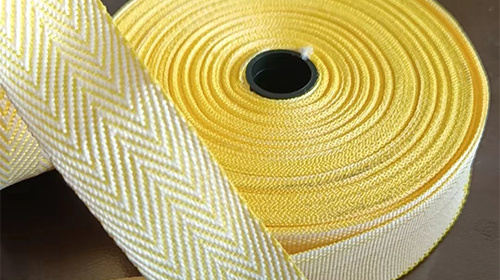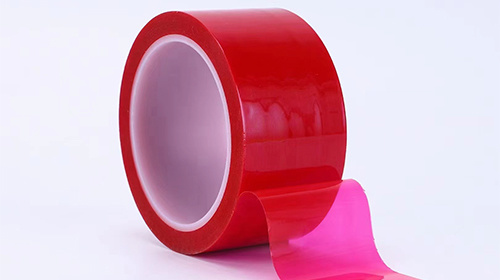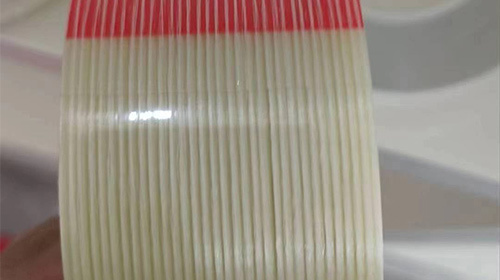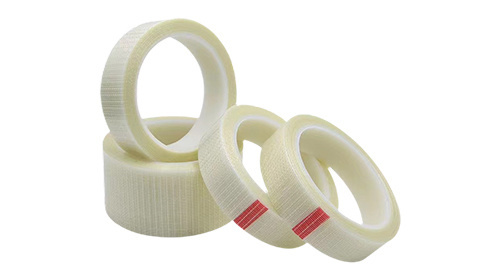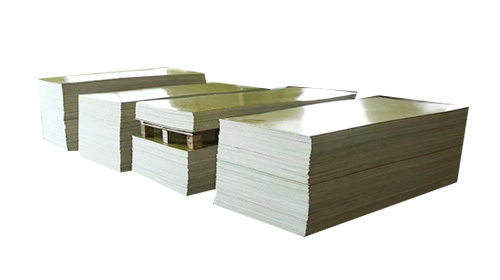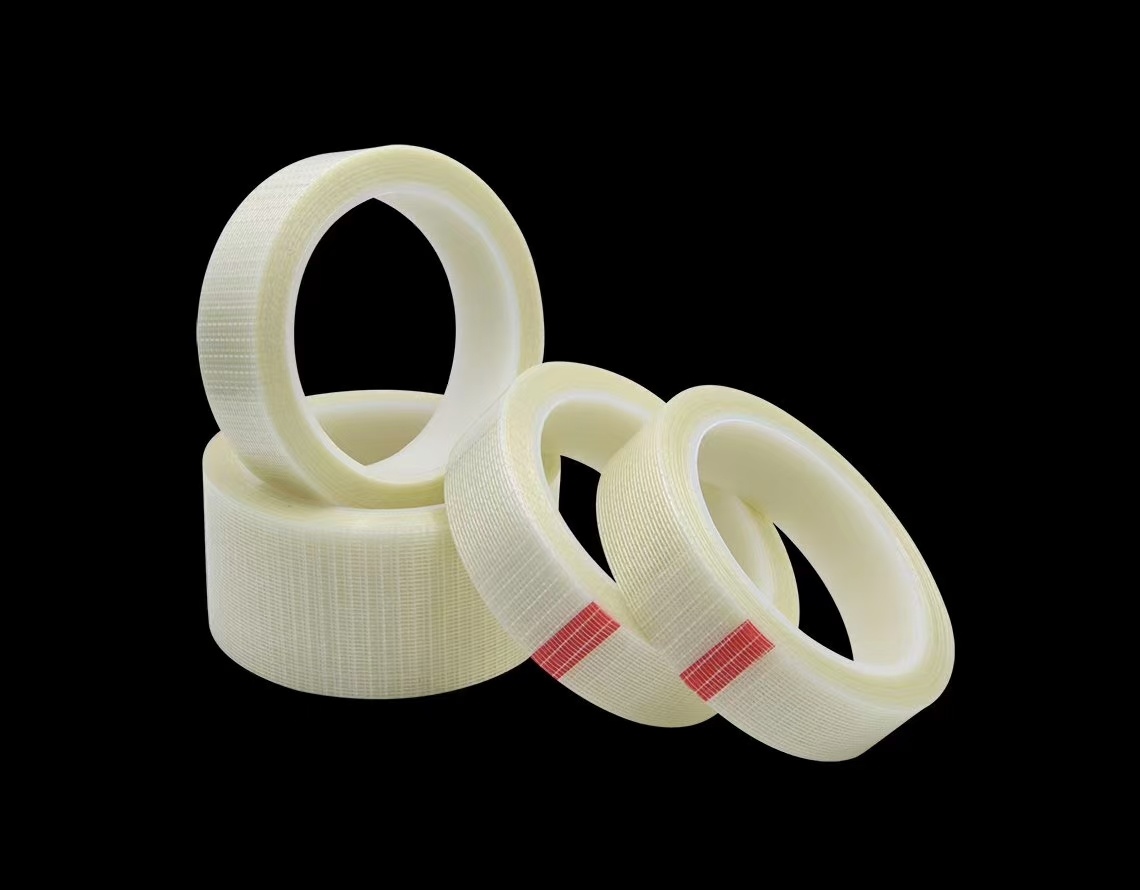Understanding the Benefits and Applications of Fiber Glass Tape in Electrical Insulation
Fiber glass tape is a crucial material in the electrical insulation industry, known for its unique properties that make it particularly effective for various applications. Composed of woven glass fibers, this tape is designed to withstand high temperatures and provide excellent dielectric strength, making it an ideal choice for insulating electrical components.
One of the primary advantages of usi
Fiber glass tape is a crucial material in the electrical insulation industry, known for its unique properties that make it particularly effective for various applications. Composed of woven glass fibers, this tape is designed to withstand high temperatures and provide excellent dielectric strength, making it an ideal choice for insulating electrical components.
One of the primary advantages of using fiber glass tape in electrical applications is its ability to endure extreme thermal conditions. It is commonly used in environments where high heat is produced, such as motor windings and transformers. By providing a robust thermal barrier, fiber glass tape helps prevent overheating, ensuring the reliability and longevity of electrical devices.
In addition to its thermal resistance, fiber glass tape exhibits remarkable mechanical strength. This characteristic ensures that the tape can provide adequate support and protection to wires and cables, thereby minimizing the risk of wear and tear over time. The tape's sturdy construction makes it suitable for use in a variety of settings, including industrial and commercial applications where durability is paramount.
Another significant benefit of fiber glass tape is its resistance to chemicals and moisture. This feature is particularly beneficial in environments where exposure to harsh substances is a concern. The tape's ability to resist corrosion and degradation from chemicals ensures that it maintains its structural integrity and insulating properties, providing reliable performance in challenging conditions.
When applying fiber glass tape, it is essential to consider the method of installation. Properly applying the tape in a uniform manner can enhance the effectiveness of the insulation. For optimal results, it is recommended to overlap the tape layers slightly, ensuring complete coverage of the component being insulated. This practice not only improves insulation performance but also contributes to the overall safety of the electrical system.
Moreover, fiber glass tape is often compatible with a variety of adhesives and bonding agents, allowing for custom solutions tailored to specific applications. Its versatility means it can be used in conjunction with other insulation materials to create a comprehensive insulation system that meets unique project requirements.
In conclusion, fiber glass tape stands out as an essential material in the electrical insulation industry. Its exceptional thermal resistance, mechanical strength, and chemical durability make it a reliable choice for safeguarding electrical systems. By understanding the properties and applications of fiber glass tape, professionals in the electrical field can enhance the safety and efficiency of their installations, ultimately leading to improved performance and longevity of electrical components.
One of the primary advantages of using fiber glass tape in electrical applications is its ability to endure extreme thermal conditions. It is commonly used in environments where high heat is produced, such as motor windings and transformers. By providing a robust thermal barrier, fiber glass tape helps prevent overheating, ensuring the reliability and longevity of electrical devices.
In addition to its thermal resistance, fiber glass tape exhibits remarkable mechanical strength. This characteristic ensures that the tape can provide adequate support and protection to wires and cables, thereby minimizing the risk of wear and tear over time. The tape's sturdy construction makes it suitable for use in a variety of settings, including industrial and commercial applications where durability is paramount.
Another significant benefit of fiber glass tape is its resistance to chemicals and moisture. This feature is particularly beneficial in environments where exposure to harsh substances is a concern. The tape's ability to resist corrosion and degradation from chemicals ensures that it maintains its structural integrity and insulating properties, providing reliable performance in challenging conditions.
When applying fiber glass tape, it is essential to consider the method of installation. Properly applying the tape in a uniform manner can enhance the effectiveness of the insulation. For optimal results, it is recommended to overlap the tape layers slightly, ensuring complete coverage of the component being insulated. This practice not only improves insulation performance but also contributes to the overall safety of the electrical system.
Moreover, fiber glass tape is often compatible with a variety of adhesives and bonding agents, allowing for custom solutions tailored to specific applications. Its versatility means it can be used in conjunction with other insulation materials to create a comprehensive insulation system that meets unique project requirements.
In conclusion, fiber glass tape stands out as an essential material in the electrical insulation industry. Its exceptional thermal resistance, mechanical strength, and chemical durability make it a reliable choice for safeguarding electrical systems. By understanding the properties and applications of fiber glass tape, professionals in the electrical field can enhance the safety and efficiency of their installations, ultimately leading to improved performance and longevity of electrical components.






